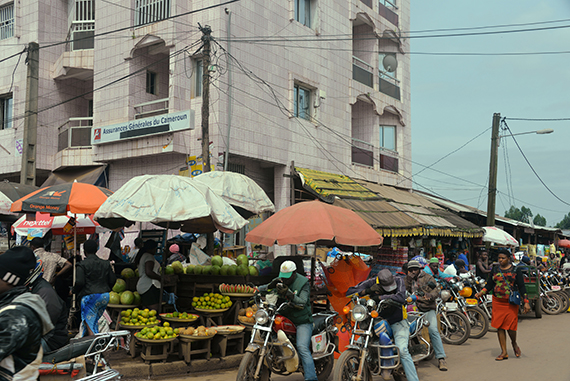
‘Catastrophic’: Journalists say ethnic cleansing taking place in a news void in northern Gaza
On November 6, an Israeli strike killed at least 15 people in a house in Beit Lahia, northern Gaza. But communications difficulties meant that the Gaza health ministry struggled to determine the death toll. This is just one example among countless others where local reporters were able to help verify information about potential atrocities during…
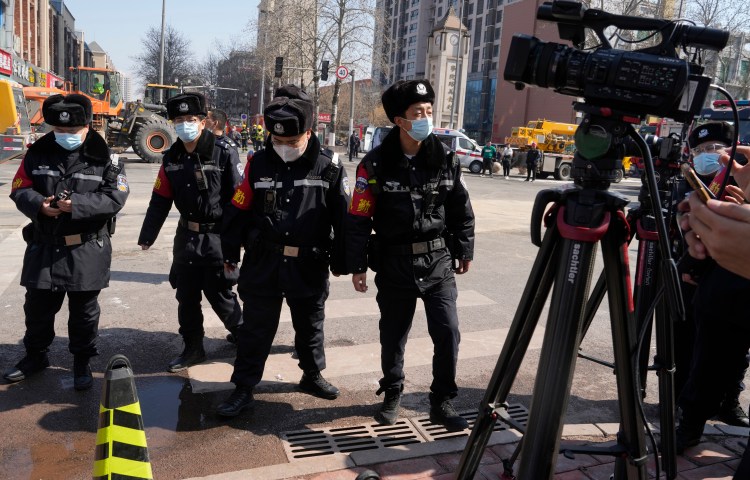
Rare rebuke for Chinese police who harassed state journalists covering gas explosion
Police blocked and harassed reporters from the state-owned broadcaster CCTV at the site of a fatal gas explosion in Sanhe, a city in China’s northern Hebei province, on March 13, 2024, according to news reports. The explosion was triggered by a gas leak at a restaurant, which killed seven and injured 27. During a live…
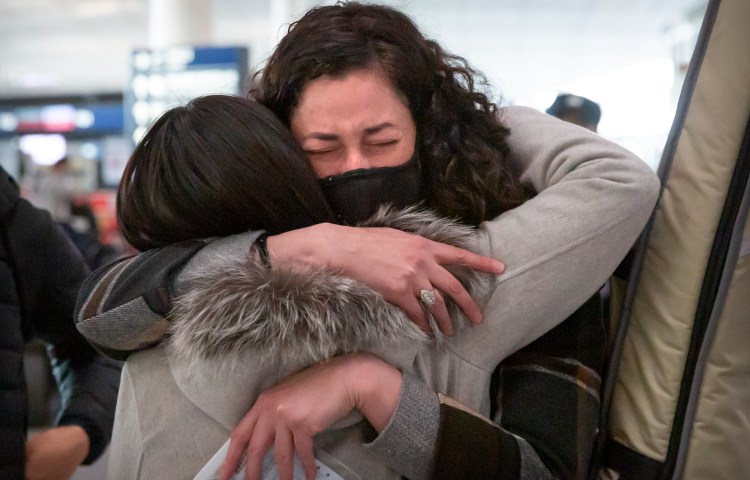
Prospects bleak for recovery of US media presence in China
The slugfest between China and the U.S. over the treatment of media workers in each country appears to have paused. Rather than expel each other’s journalists, as they did a few months ago, each side in early July imposed registration and reporting requirements on those remaining—still many more Chinese in the U.S. than Americans in…
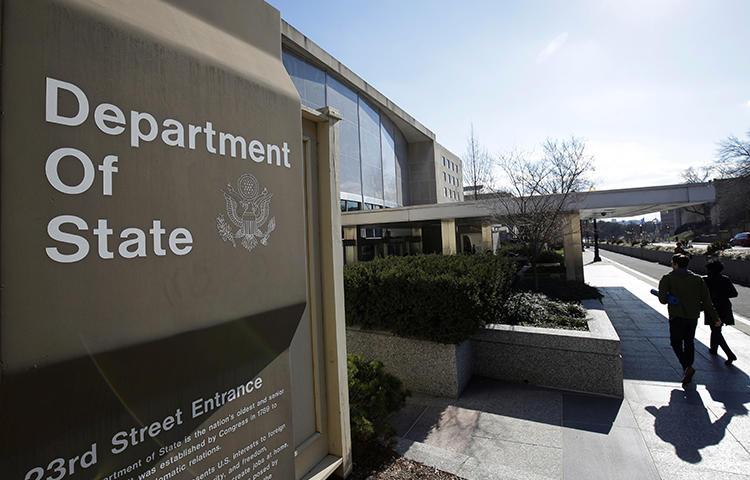
US to limit visas at Chinese state media outlets, forcing dozens to leave
Washington, D.C., March 2, 2020 — The U.S. government should immediately suspend efforts to effectively expel dozens of Chinese journalists and put a halt to mutual retaliation over media operations, which threatens to undermine the free flow of information as the COVID-19 epidemic spreads throughout the world, the Committee to Protect Journalists said today.

After disputed Uganda election, journalists fear prolonged crackdown
Twenty nine-year-old photographer Abubaker Lubowa was excited when he was assigned to cover the campaign of opposition leader Kizza Besigye. He told CPJ he did not anticipate that the assignment would mean he would make the news almost as often as he covered it.
In China, harsh penalties for ‘false news’ make it harder for reporters to work
China’s journalists and bloggers, already under threat of persecution, face new risks from November 1, when amendments to the country’s criminal law come into effect. Under the amendment, passed in August by legislative body the National People’s Congress, those convicted of spreading false news about disasters or epidemics will face harsh penalties.
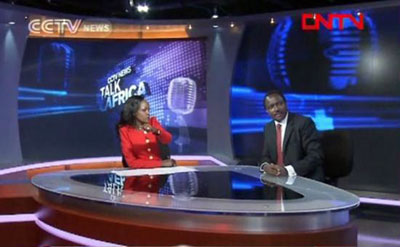
China’s media footprint in Kenya
Will China’s quickly expanding media presence in Africa result in a fresh, alternative, and balanced perspective on the continent–much as Al-Jazeera altered the broadcast landscape with the launch of its English service in 2006–or will it be essentially an exercise in propaganda?
